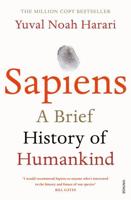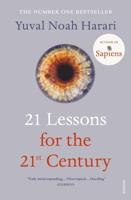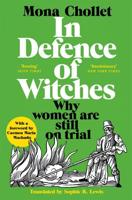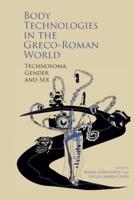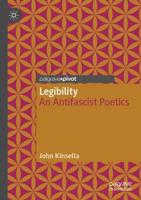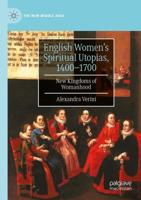Publisher's Synopsis
This is the first comprehensive study of the Renaissance commonplace-book. Commonplace-books were the information-organizers of Early Modern Europe, notebooks of quotations methodically arranged for easy retrieval. From their first introduction to the rudiments of Latin to the specialized studies of leisure reading of their later years, the pupils of humanist schools were trained to use commonplace-books, which formed an immensely important element of Renaissance education. The common-place book mapped and resourced Renaissance culture's moral thinking, its accepted strategies of argumentation, its rhetoric, and its deployment of knowledge. In this ground-breaking study Ann Moss investigates the commonplace-book's medieval antecedents, its methodology and use as promulgated by its humanist advocates, its varieties as exemplified in its printed manifestations, and the reasons for its gradual decline in the seventeenth century. The book covers the Latin culture of Early Modern Europe and its vernacular counterparts and continuations, particularly in France. Printed Commonplace-Books and the Structuring of Renaissance Thought is much more than an account of humanist classroom practice: it is a major work of cultural history.

